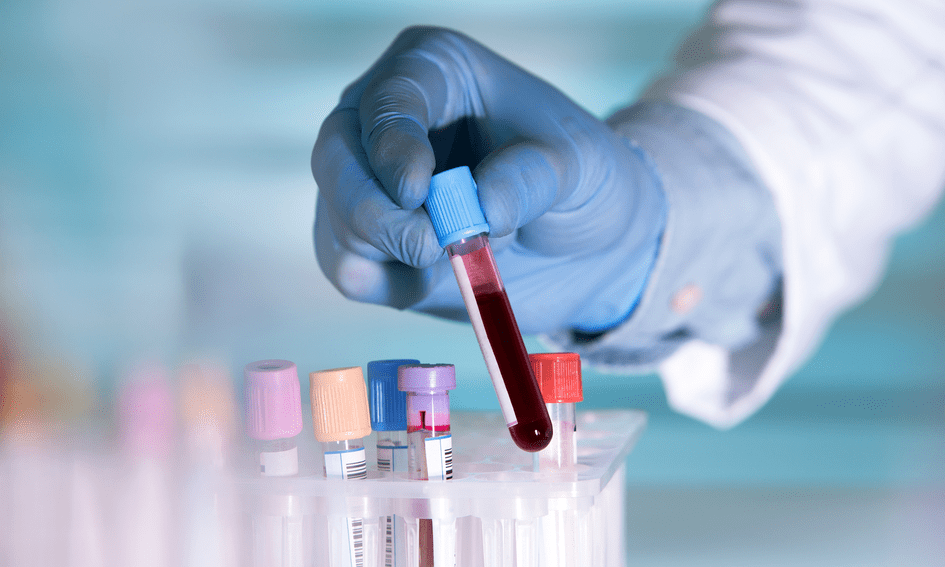
A Prostate Specific Antigen (PSA) test is used primarily for prostate cancer screening, however, it can also aid in diagnosing a non-cancerous prostate condition. In the USA, a PSA test may be recommended by your doctor if you meet certain risk factors, such as:
- Age – Men over the age of 50 are at a higher risk of prostate cancer.
- Race – African-American men are at a higher risk of prostate cancer.
- Family genetics – Men with a close family member, such as a father or brother, diagnosed with prostate cancer are at a higher risk of developing the disease.
- Genetics – Inherited gene mutations increase the risk of cancer. The gene mutations associated with prostate cancer are BRCA1 and BRCA2.
- Diet – Consuming a diet high in animal fats and low in vegetables may increase your risk of prostate cancer.
It’s important to note that a PSA test may not be ideal for everyone as there are some limitations to the test. Speak with your doctor about the right plan of action for you.
What is a PSA test?
Prostate Specific Antigen (PSA) is a protein produced in the ducts of the prostate gland. Its role is to help sperm travel more easily and is released with semen to make the fluid runnier. Although PSA is mainly found in semen, it is also absorbed in the bloodstream. A PSA test is essentially a blood test done by a nurse or medical technician. The blood sample is taken to a lab and analyzed to measure the PSA level.
The benefits of getting a PSA test done
A PSA test is a preliminary test that can help your doctor determine whether you need further testing, such as a biopsy, Digital Rectal Exam (DRE), or a Magnetic Resonance Imaging (MRI) scan.
The benefits of a PSA test include:
- It’s a simple, non-invasive blood test
- Helps with early detection of prostate cancer
- There are no risks involved
- Can provide men with some reassurance without extensive testing
Since the introduction of the PSA test, the number of prostate cancer-related deaths have decreased. Early detection of cancer is important, as it can be treated more successfully before it spreads to other areas of the body and causes serious symptoms. Early treatment reduces the risk of side effects that greatly impact a man’s quality of life, such as erectile dysfunction and incontinence.
Normal vs elevated PSA levels
Normal blood levels of PSA for an average man can range from 0 to 4 nanograms per milliliter (ng/ml). Anything above 4ng/ml is considered elevated PSA levels. Elevated PSA levels in the blood is common in men with prostate cancer, benign prostatic hyperplasia (BPH), and prostatitis (infection of the prostate).
However, a man’s PSA level can also increase if a urinary tract infection is present. Furthermore, research shows that some men diagnosed with prostate cancer have low levels of PSA while men who do not have prostate cancer have high levels of PSA. Your doctor may also consider other factors when evaluating your PSA scores, including age, the size of your prostate gland, and if you are taking medications that can affect PSA levels.
This highlights that PSA testing alone is not an accurate indicator that cancer or a non-cancerous prostate condition is present. It is used as a preliminary source of information and is often combined with other tests.
Aug 1, 2022 | Cole Parrish
 Find a Center
Find a Center Contact Us
Contact Us